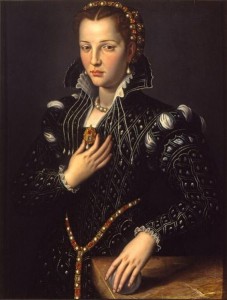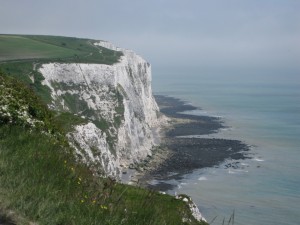 Now that we have completed our reading of Macbeth, you will be submitting an analytical essay of the play as your final assessment. The objective is to reveal your knowledge of how evidence presented in Macbeth supports a major theme of the work.
Now that we have completed our reading of Macbeth, you will be submitting an analytical essay of the play as your final assessment. The objective is to reveal your knowledge of how evidence presented in Macbeth supports a major theme of the work.
In your essay, you will select a theme from the ones introduced in the Macbeth Anticipation Guide. Your task is to show, through specific evidence from the text, how Shakespeare presents the theme and the conclusion Shakespeare draws about it. For example, if you pick the statement Patriotism requires obedience to the government authority, you would need to consider Macbeth’s actions (he knowingly kills the king and usurps the throne), Malcolm and Donalbain’s position (although Malcolm is named Duncan’s heir, the nobles follow Macbeth as the new king), and Macduff’s decision to distance himself from Macbeth’s court.
As evidence, you need to consider character actions, speeches, and even scenes. When you record information to use as your support, remember to include the Act and Scene numbers. For example, if you are discussing Lady Macbeth’s sleepwalking scene, you would need to reference V.1 (Act V, Scene 1). If you quote a particular line, then you would use the line numbers as well:
“Out, damned spot! Out, I say!” (V.1, 31)
You may also include your Act and Scene reference within the paragraph itself. If you do that, then any direct quotation you include would only need to list the line numbers after the quote:
The price of ambition is the main topic of conversation between Macbeth and Lady Macbeth in Act I, Scene 7. At this point in the play, Macbeth is having second thoughts about killing King Duncan. Lady Macbeth chides Macbeth to stick with his original decision, telling him, “But screw your courage to the sticking-place, and we’ll not fail.” (60-61).
If you are including multiple lines of dialogue, then you need to indent and single-space the quotation:
Banquo, impressed with the witches’ prophecies to Macbeth, asks for a prophecy of his own. The witches’ reply is less specific:
First Witch: Lesser than Macbeth, but greater.
Second Witch: Not so happy, but happier.
Third Witch: Thou shalt get kings, though thou be none. So all hail, Macbeth and Banquo!
First Witch: Banquo and Macbeth, all hail! (I.3, 65-69)
You will use the version of Macbeth printed in the textbook for your Act, Scene, and line references.
A printed draft of the essay is due in class Monday, February 25 for peer review and commenting. You will receive a grade for your participation in the peer review session, so be sure you have a draft ready to go! Your final essay of no more than 750 words (three double-spaced pages) should be submitted to Edmodo by the end of the day Wednesday, February 27. You will upload your essay to the posted assignment in .doc, .docx, or .pdf format. Other formats do not permit me to make annotations for your review. See me if you have submission issues.
Good luck, and happy writing!
 In preparation for our Socratic seminar on Jane Eyre, please gather textual support that will help you answer the following questions. Although direct quotations are encouraged, references to specific plot elements, characters, etc. in the text will suffice. Remember that the ultimate goal of the seminar is to enhance your knowledge of the work itself, so focus your attention on what occurs in the text rather than speculation drawn from the events in the text.
In preparation for our Socratic seminar on Jane Eyre, please gather textual support that will help you answer the following questions. Although direct quotations are encouraged, references to specific plot elements, characters, etc. in the text will suffice. Remember that the ultimate goal of the seminar is to enhance your knowledge of the work itself, so focus your attention on what occurs in the text rather than speculation drawn from the events in the text.




Thug Notes: Jane Eyre
You work your groove, girl. Salty language and adult themes ahead. Proceed with caution.
Comments Off on Thug Notes: Jane Eyre
Filed under AP Literature
Tagged as analysis, AP, commentary, Jane Eyre